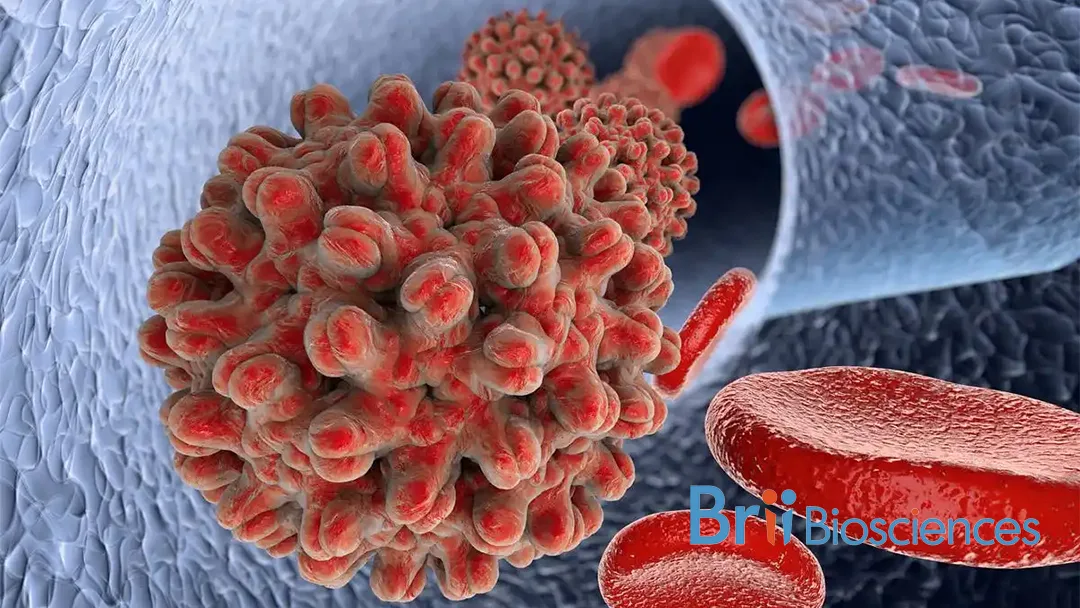China-based Brii Biosciences Ltd (HKG: 2137) has published the latest data from its ongoing Phase II ENSURE study for elebsiran (BRII-835, VIR-2218) at the 34th Annual Meeting of the Asian Pacific Association for the Study of the Liver (APASL 2025). Elebsiran, an investigational small interfering ribonucleic acid (siRNA), is being evaluated for its contribution to treating chronic hepatitis B virus (HBV) infection.
Study Design and Cohorts
The multi-center, open Phase II study includes Cohorts 1-3, assessing elebsiran in combination with pegylated interferon alpha (PEG-IFNα) in participants with chronic HBV and baseline hepatitis B surface antigen (HBsAg) levels of 100-3,000 IU/mL. Cohort 4 enrolled participants who previously completed 9 doses of BRII-179, a therapeutic vaccine, in combination with elebsiran, and received elebsiran and PEG-IFNα combination treatment.
Cohort 4 Insights
Cohort 4’s design was informed by previous studies indicating that many chronic HBV patients fail to generate a sufficient immune response after multiple doses of BRII-179, making sustainable functional cure unlikely without additional support.
Emerging Data and Implications
Data from Cohort 4 showed that participants with BRII-179-induced anti-HBs response achieved a significantly higher rate of HBsAg seroclearance. At Week 24, 55.6% of BRII-179 responders achieved HBsAg seroclearance, compared to 10.0% of non-responders. These results suggest BRII-179 can predict patient response to curative therapies.
Elebsiran Mechanism
Elebsiran is an investigational subcutaneously administered HBV-targeting siRNA designed to degrade HBV RNA transcripts and limit HBsAg production. Brii Biosciences licensed elebsiran from Vir Biotechnology, Inc. (Nasdaq: VIR) in 2020, gaining exclusive rights to develop and commercialize it in Greater China. It is being tested in combination with monoclonal antibody BRII-877 (tobevibart) or immunotherapy BRII-179 for HBV infection.-Fineline Info & Tech
